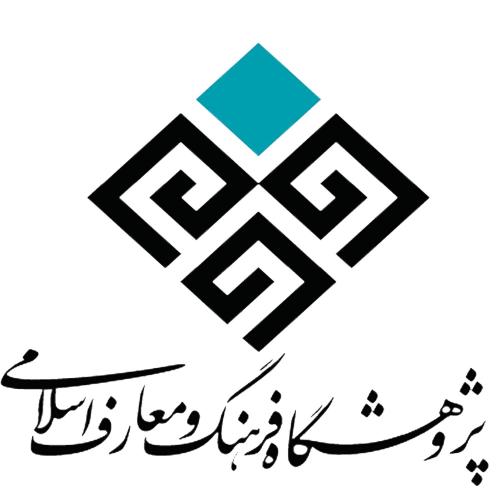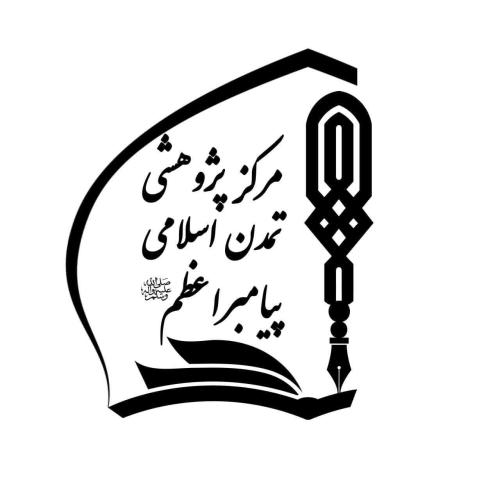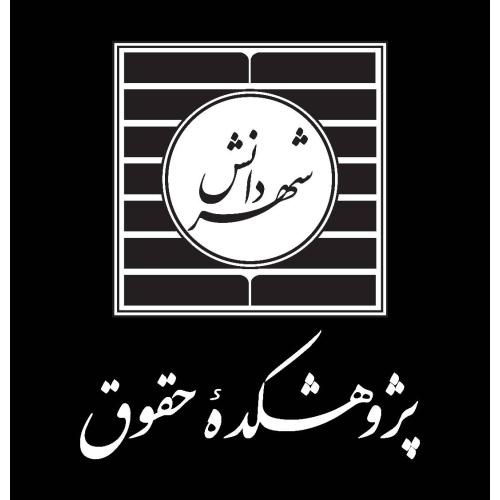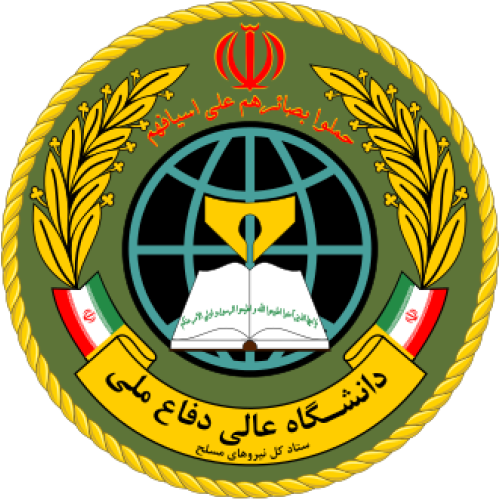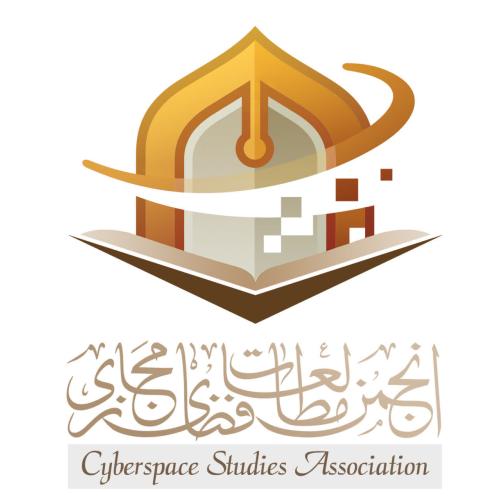-
1. مفهوم، مبانی و چارچوبهای حقوق ملت و آزادیهای مشروع در نظام جمهوری اسلامی ایران و مقایسه آن با سایر نظامهای حقوقی
-
2. سازکارها و الزامات تأمین و تضمین حقوق ملت و آزادیهای مشروع
-
3. دستاوردهای نظام جمهوری اسلامی ایران در زمینه حقوق ملت و آزادیهای مشروع
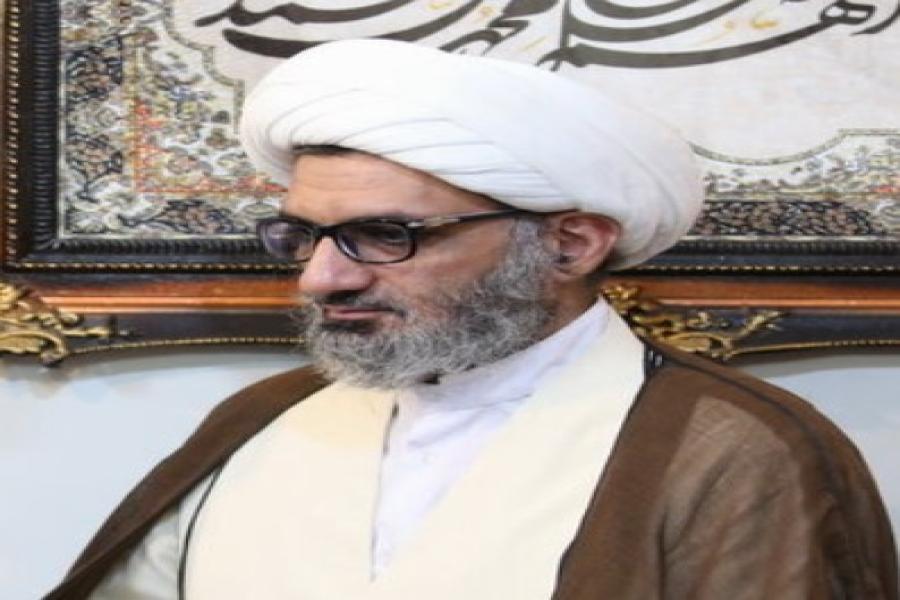
Tehran – Safeguarding individual rights in an Islamic society requires both social justice and an uncompromising fight against corruption, according to Leader of the Islamic Revolution Ayatollah Seyed Ali Khamenei’s vision, Sheikh Mohammad Karbasi of the Najaf Seminary said.
Speaking at the 44th pre-conference of the International Conference on Humanity and Freedom - held virtually and organized by the Constitutional Council Research Institute - Karbasi stressed that Islam establishes laws and rights designed to organize human life and ensure a society of justice and equality “pleasing to God.”
Karbasi said Ayatollah Khamenei’s approach to individual rights can be viewed in two dimensions: jurisprudential-constitutional and practical-political. As Leader and Islamic jurist, Ayatollah Khamenei’s mission goes beyond issuing legal rulings, he noted, encompassing the defense of the Muslim community’s higher interests, the protection of human dignity, and the upholding of citizens’ rights within a framework of Sharia.
“The Leader is accountable to both God and the people,” Karbasi said, adding that restricting individual rights must occur only under clear religious guidelines.
He praised the Iranian Constitution - drafted under the supervision of leading scholars - for enshrining minority rights and respect for human dignity.
Karbasi emphasized that Ayatollah Khamenei views justice and anti-corruption as essential to guaranteeing freedoms. “Justice is the central goal of Islamic governance,” he said, adding that safeguarding rights and human dignity is a core duty of the Islamic ruler.
He cautioned that freedom must not devolve into disorder, echoing Khamenei’s insistence that liberty must respect Sharia, ethics, and the beliefs of others. Addressing women’s rights, Karbasi urged Muslim women to preserve their Islamic identity, modeling themselves on Fatimah Zahra (SA) and Zainab (SA) rather than Western stereotypes.
Finally, he called for balancing freedom with security, warning that liberty must not become a pretext for instability or chaos.

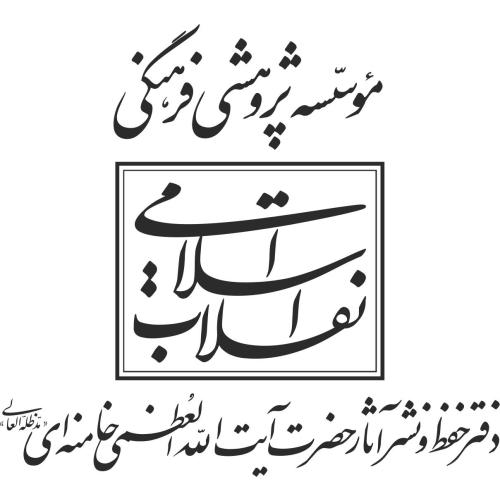
.png)
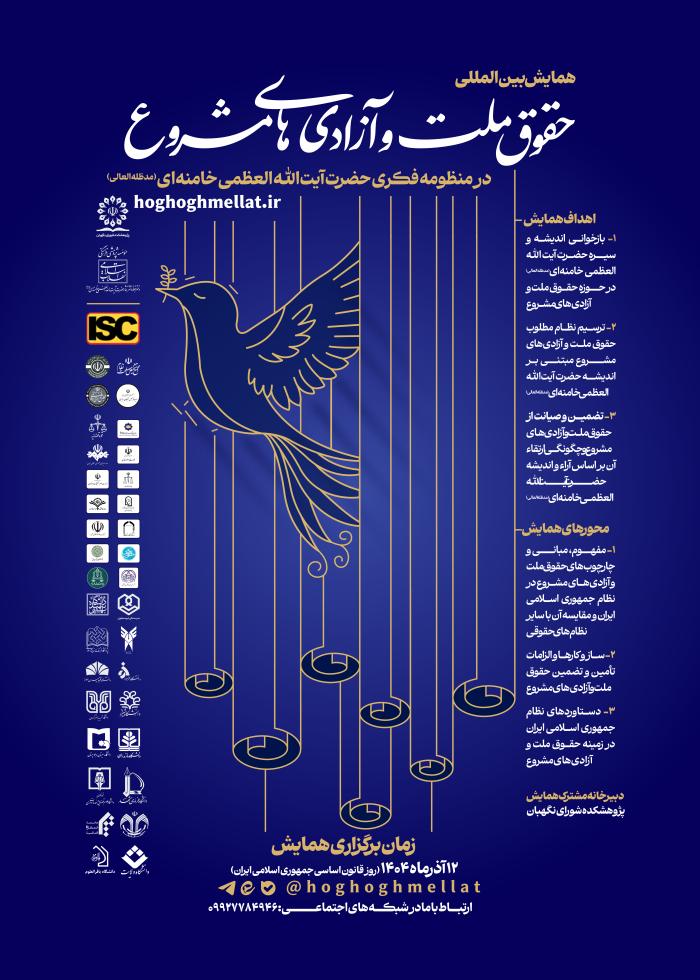

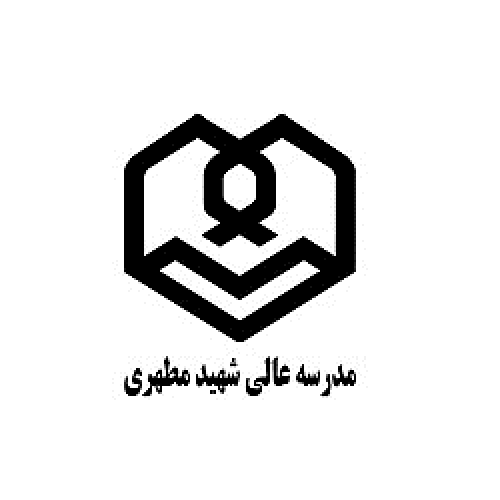
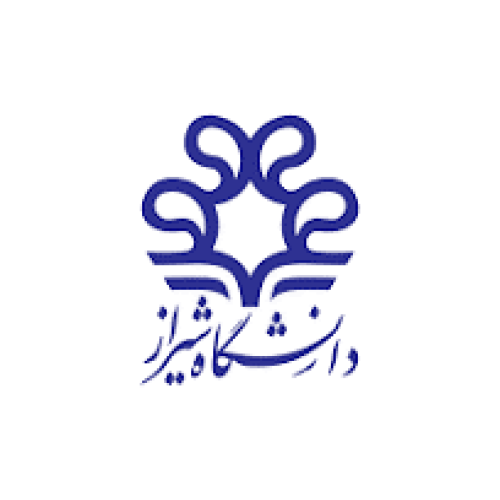

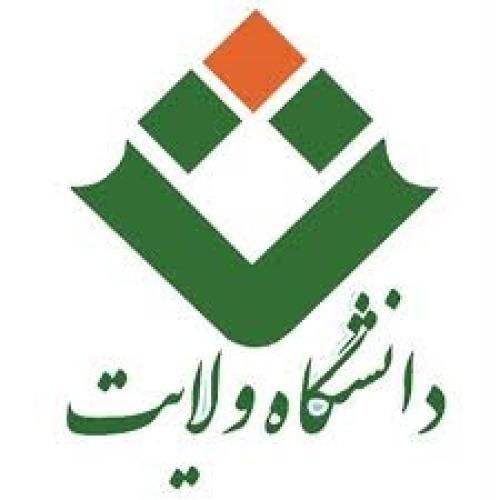
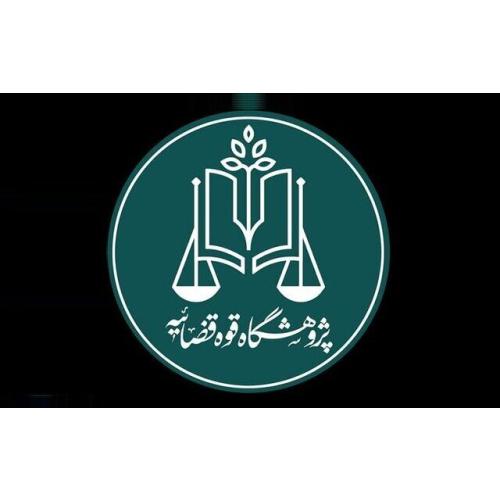
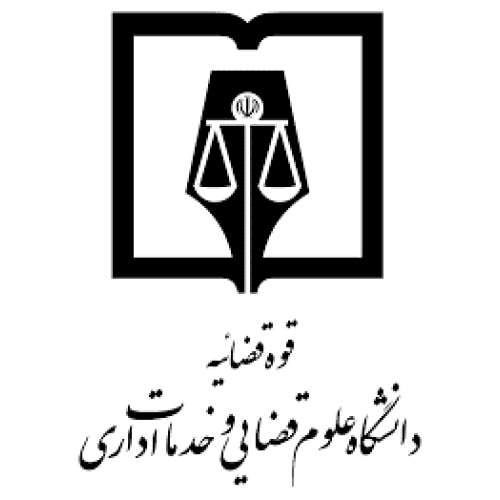

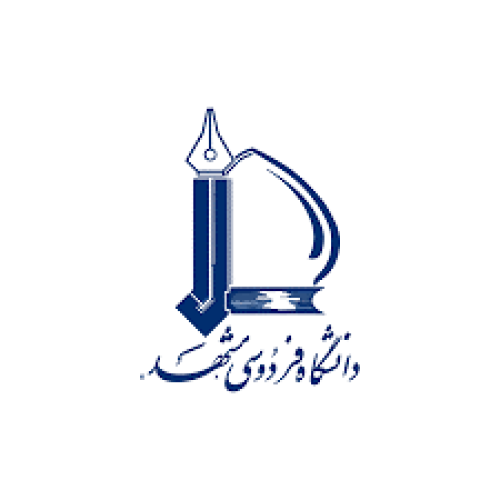
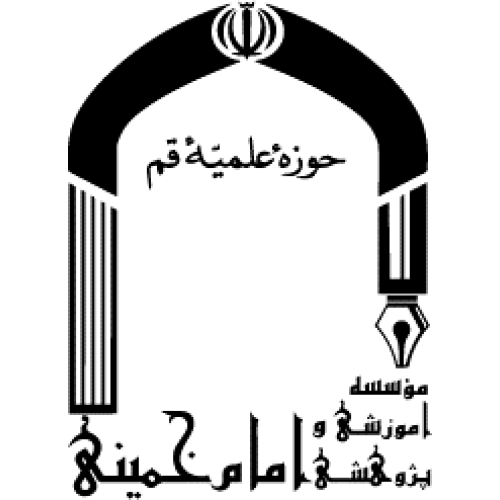

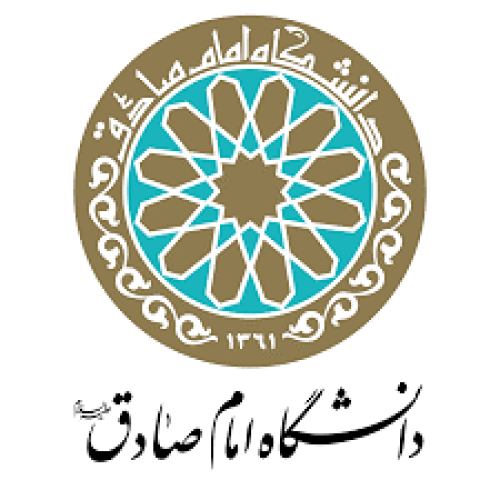
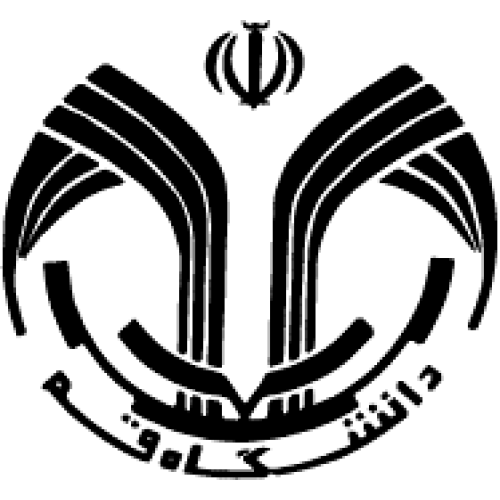
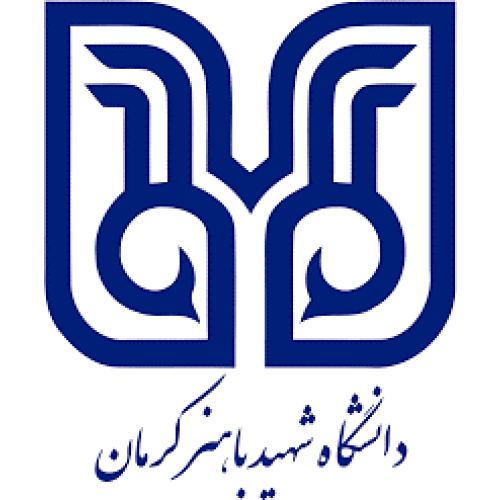

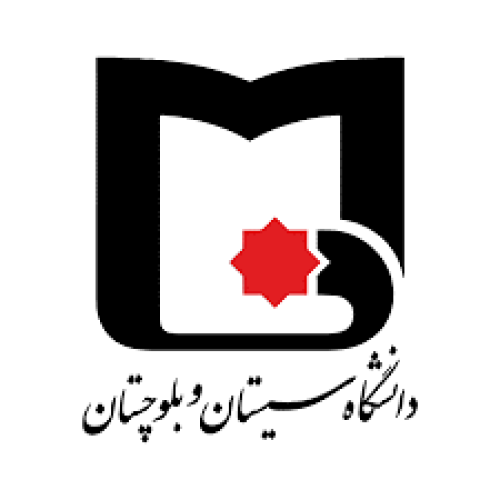

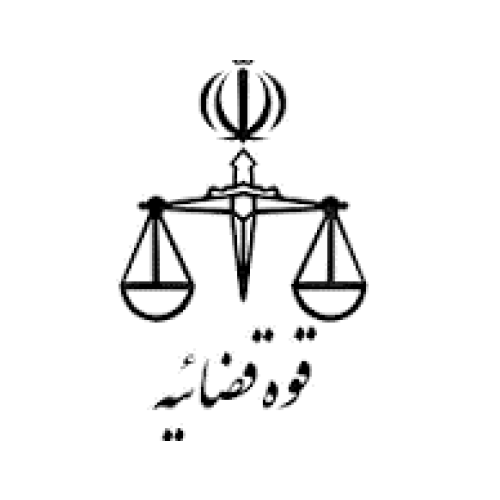
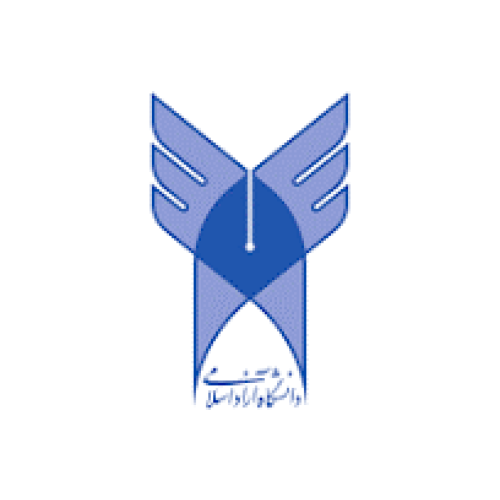
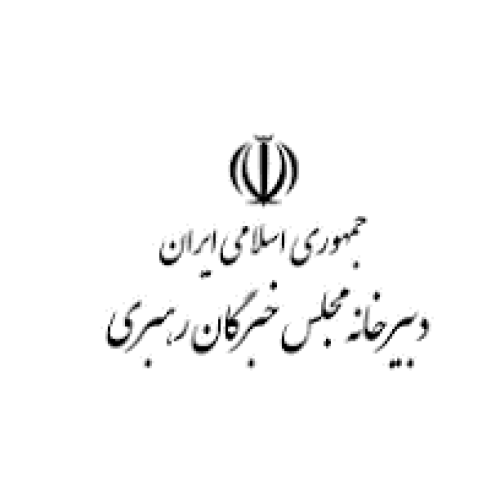
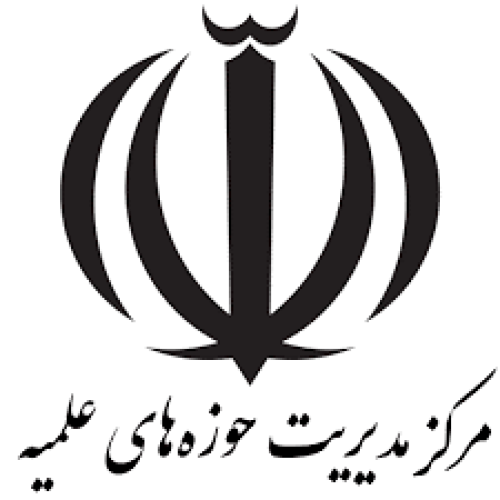
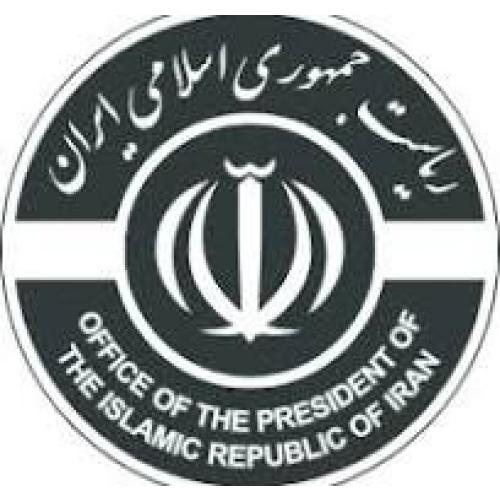
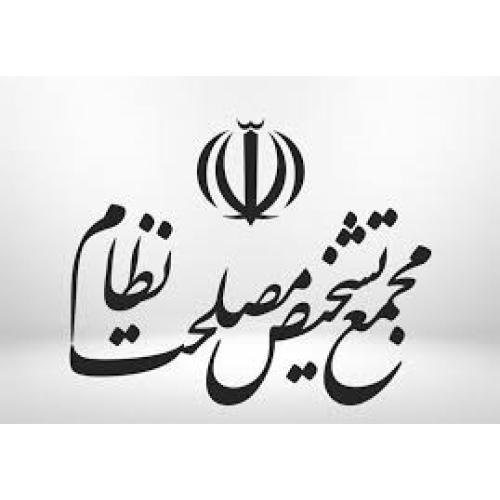
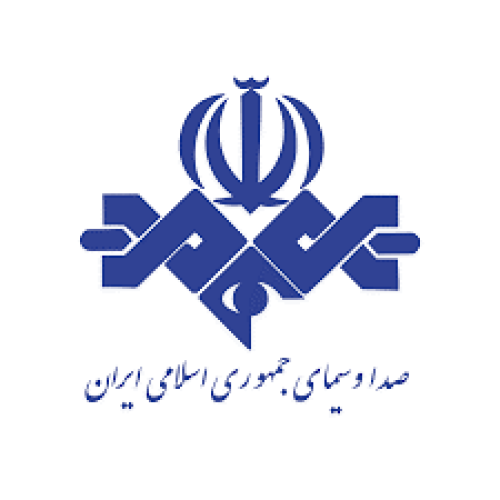
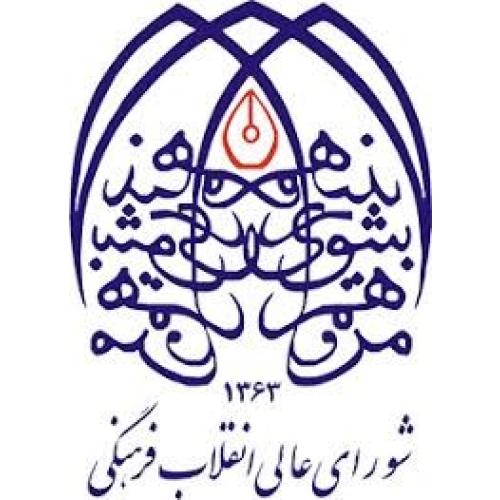
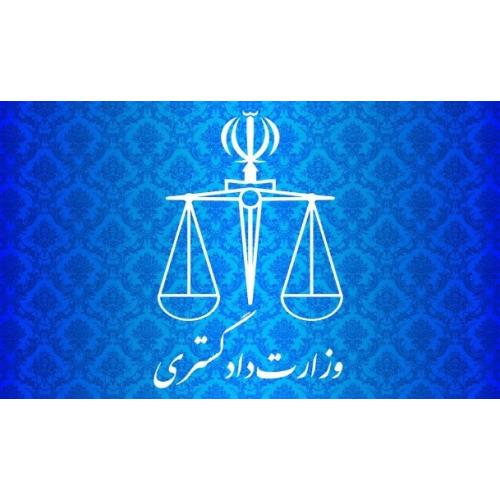
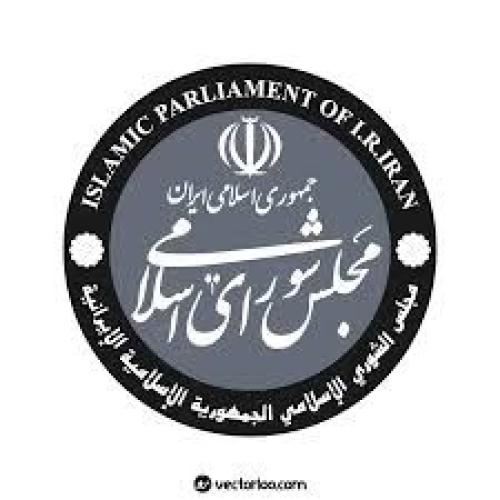
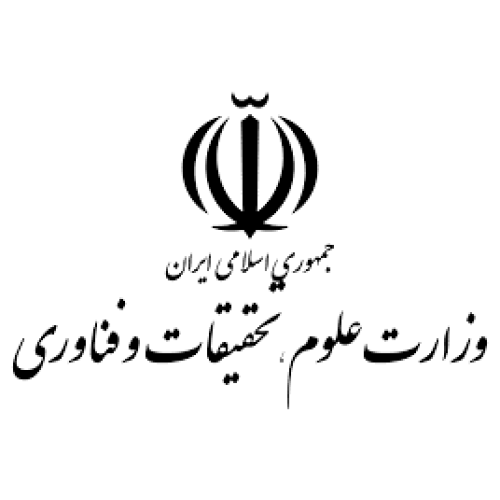

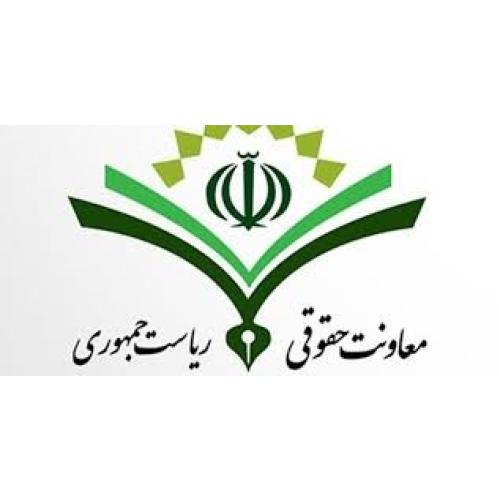

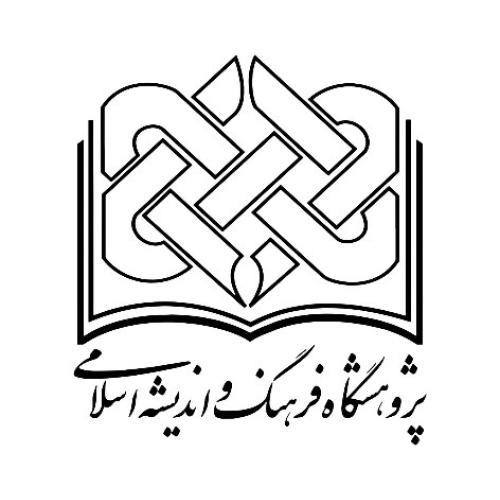
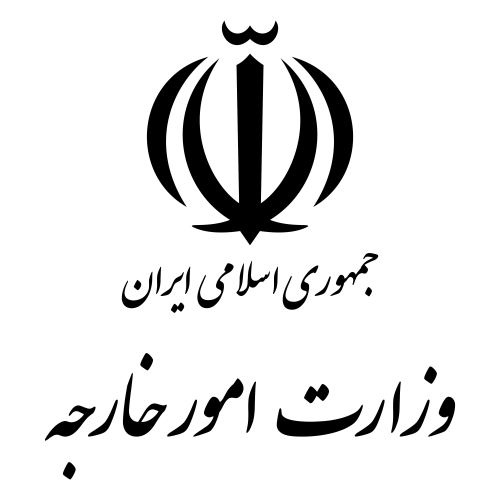
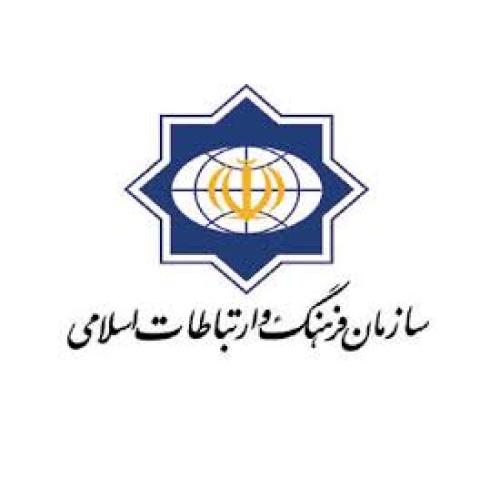
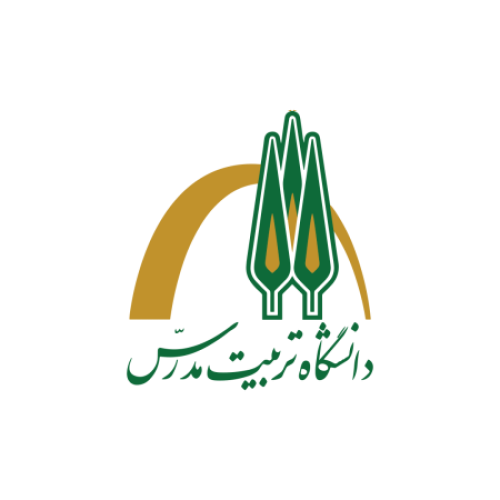
.png)
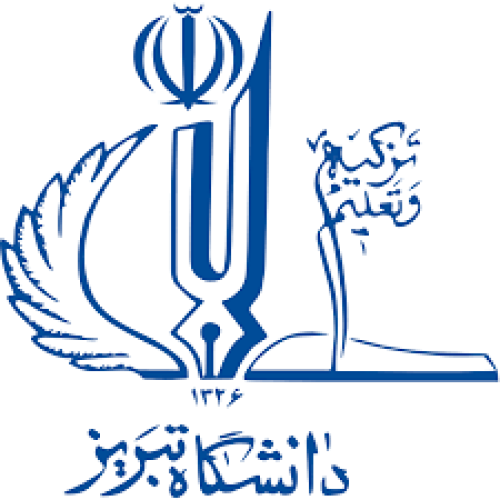
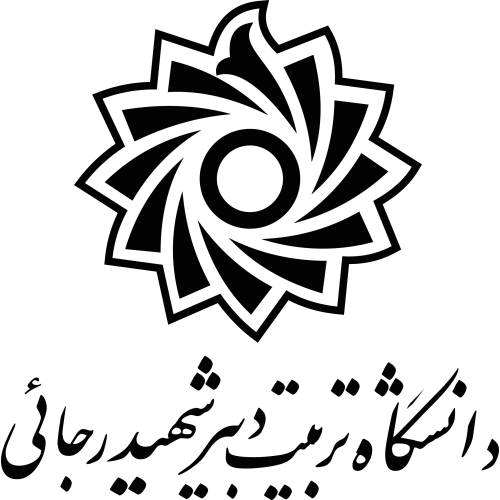
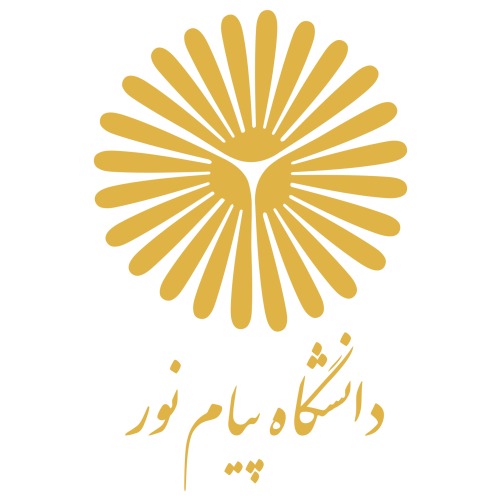
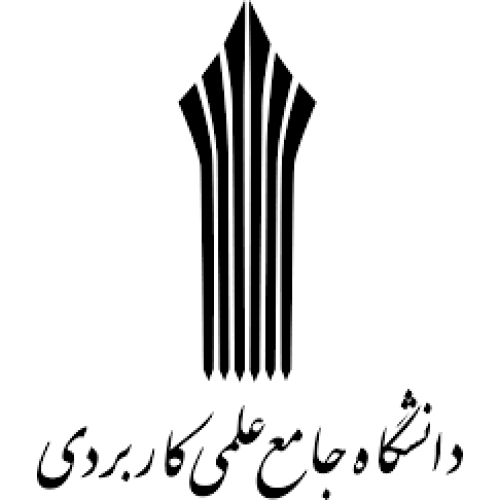
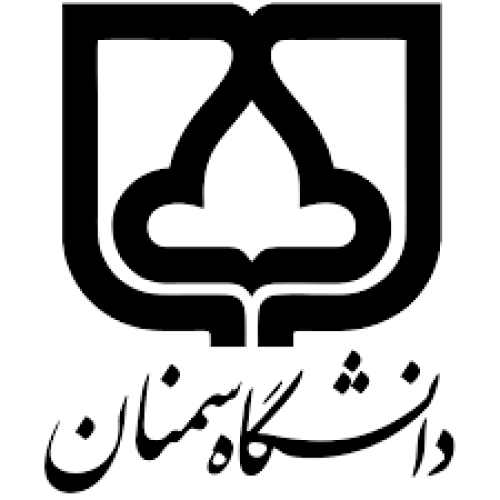
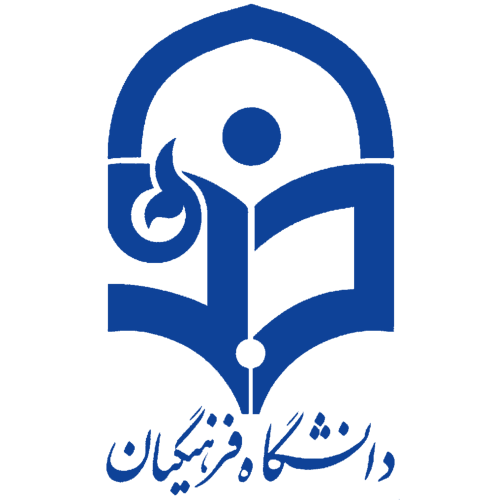
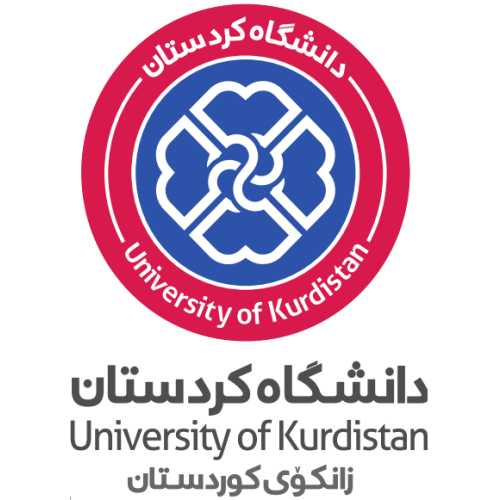
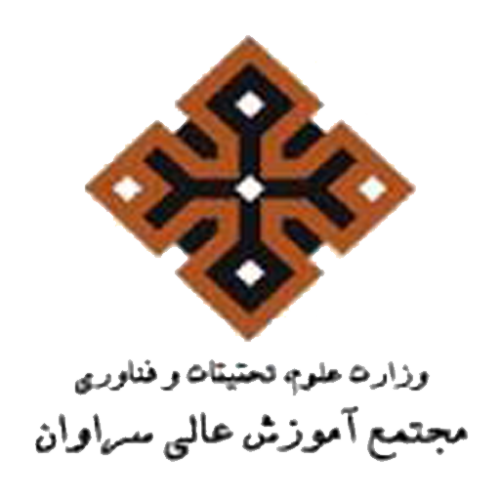
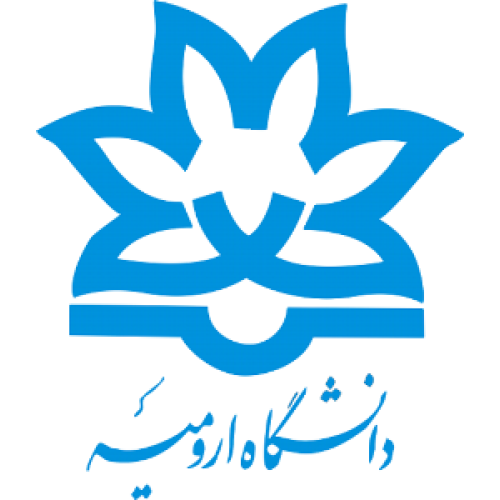
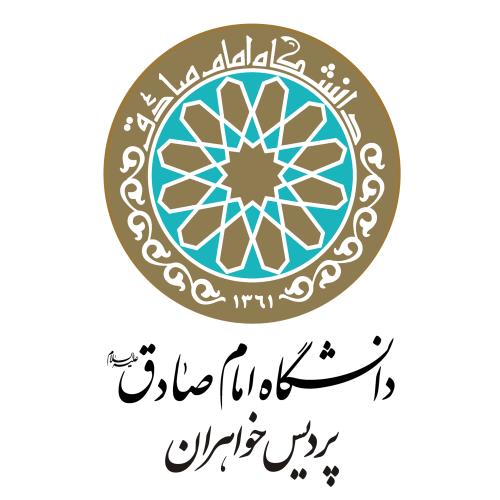
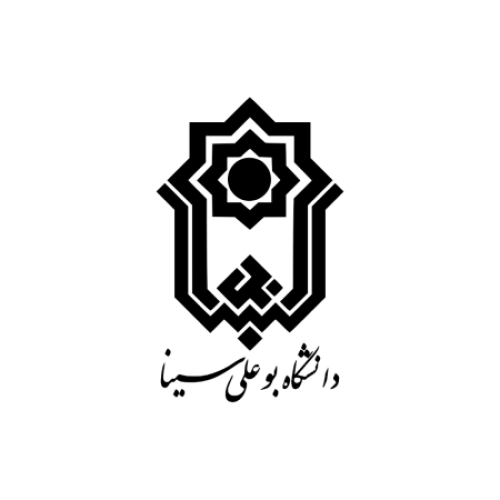
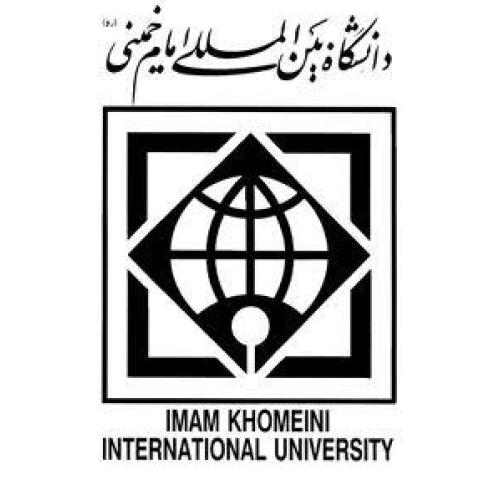
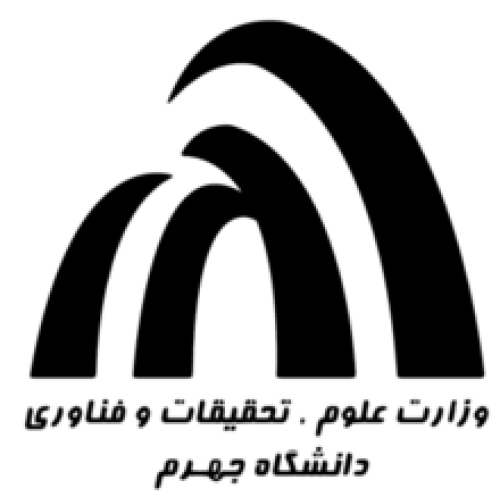
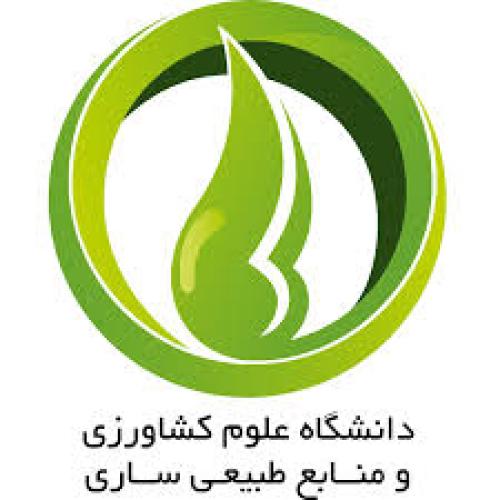
.png)

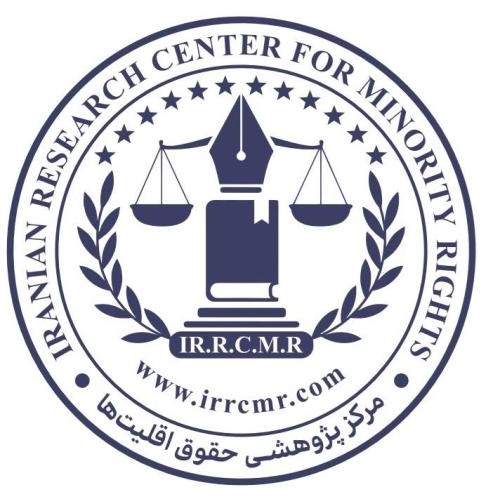
.jpg)
